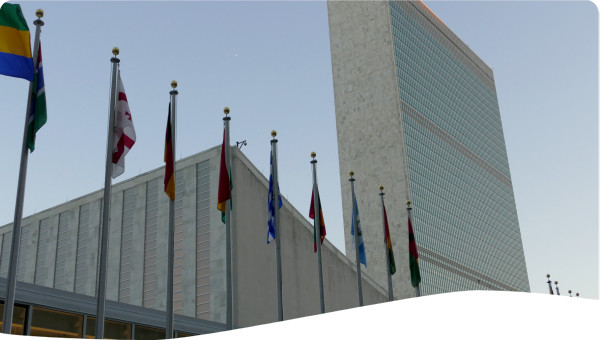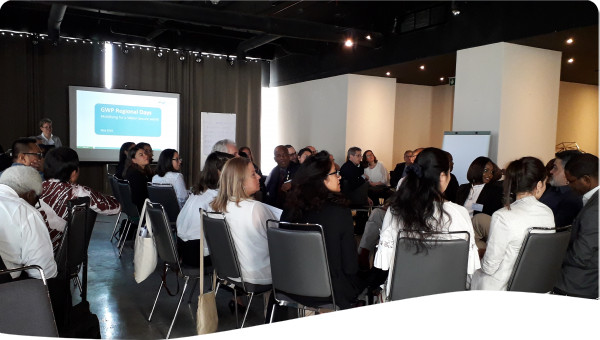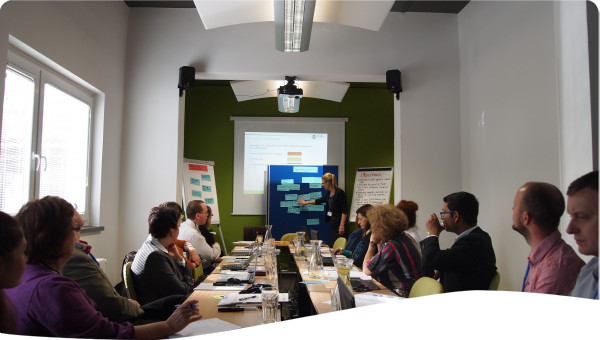The world has changed for water resources managers, planners and decision makers. Today, especially in the context of new demands for integrated water resources management (IWRM), water managers and planners often work in teams involving multiple disciplines, not just engineering and associated technical fields. Increasingly they work in multi-agency teams, which involve a variety of public, NGO, and private sponsors. Today’s water managers and decision makers must consult with a broader range of stakeholders, publics, and NGOs – locally, regionally, and often internationally. And, they must do all this while operating in a world of increasing demands on water.
Technical excellence remains necessary for creating sustainable water management decisions, perhaps even more so than ever. People all over the world need technical engineering competence more than ever before. However, it is not sufficient in itself. The ability to put that competence at the service of those who need it depends, in many cases, on changing the relationship between the experts and those whom they are serving. This course aims at helping to build, to modify, or to create such new functional relationships.
The new water resources decision-making environment requires at least two sets of skills. First, it requires excellent and broad technical skills that reach across disciplines to consider alternatives that in the past were often not evaluated. In addition, today’s water decisions often rest on a scientific basis that is itself incomplete. This sometimes means that water decision makers must first get agreement on what studies need to be conducted and what data should be collected, to ensure that decisions are based on science, not rhetoric. As a result, water planners and managers need a breadth of technical knowledge that goes beyond the traditional excellence in engineering.
Second, water planners and managers need another set of skills: the skills of designing and conducting processes that draw together partners, stakeholders, and publics, resulting in decisions that enjoy broad cross-sectoral, and often transboundary, public support. The era where water planners and managers decide–announce–defend is rapidly disappearing. In this new era, water management is done with (as opposed to being done “for” or “to”) potentially affected agencies, public and private organizations, individuals, and others.
This course teaches this second set of skills. These are the skills that will help water resources decisions makers avert conflict, deal with conflict should it arise, and use water decisions as a venue for dialog when others are closed to parties locked in various types of non-water conflicts. In short these are tools to help water resources decision makers take the PCCP road.
 Resource -
Resource -


